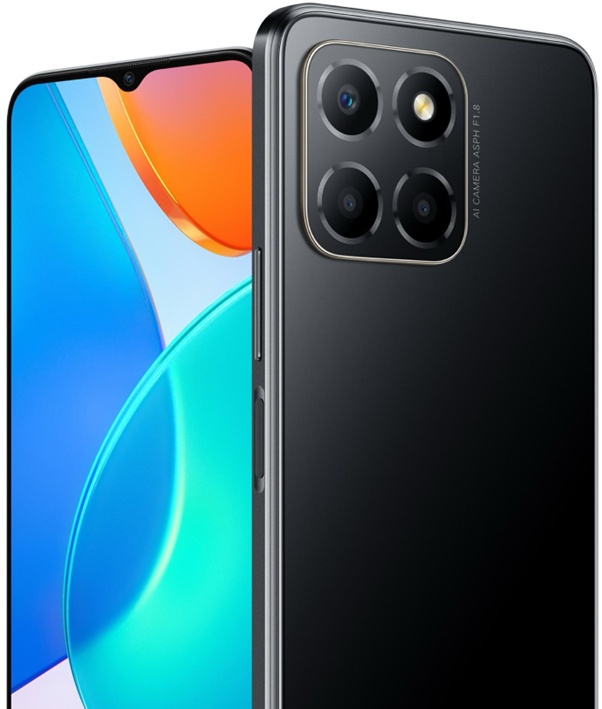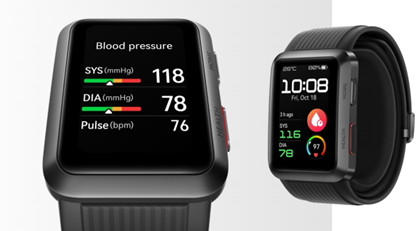
In the
ever-evolving landscape of smartphone technology, the camera has become a
central focus for users worldwide. No longer just a tool for capturing moments,
the smartphone camera has transformed into a sophisticated piece of technology,
boasting cutting-edge features and innovations. Let's take a deep dive into the
realm of modern smartphone camera technologies.
Megapixels Unleashed:
The Resolution Race
The
megapixel count of smartphone cameras has been a focal point in marketing and
consumer discussions. From single-digit megapixels to triple-digit resolutions,
manufacturers are engaged in a relentless race to provide users with higher
pixel counts. However, the pursuit of quality over quantity is gaining
prominence as other factors come into play.
Sensor Size Matters:
Capturing More Light for Better Images
Beyond
megapixels, the size of the camera sensor significantly influences image
quality. Larger sensors can capture more light, resulting in better performance
in low-light conditions and improved dynamic range. Manufacturers are investing
in sensor technology, exploring ways to maximize performance within the
constraints of compact smartphone designs.
Aperture and Low-Light
Performance: Wider Openings for Brighter Nights
The
aperture of a smartphone camera lens plays a crucial role in determining its
low-light capabilities. Wider apertures allow more light to enter the lens,
enhancing performance in challenging lighting conditions. Night mode features
leverage this technology, combining multiple exposures to produce stunning
images even in near darkness.
Zooming In: Optical and
Hybrid Zoom Technologies
The demand
for versatile zoom capabilities has led to the integration of optical and
hybrid zoom technologies in smartphone cameras. Optical zoom uses physical lens
movement to magnify subjects, while hybrid zoom combines optical and digital
techniques for a seamless zooming experience. These advancements empower users
to capture distant details without compromising image quality.
AI Photography: Smart
Cameras for Smart Users
Artificial
Intelligence has permeated every facet of smartphone technology, and cameras
are no exception. AI-powered camera features analyze scenes in real-time,
optimizing settings for the best possible shot. From scene recognition to
automatic adjustments, AI enhances the user experience and ensures that even
amateur photographers can capture professional-looking images.
Depth Sensing and
Bokeh: Crafting Artistic Portraits
Depth-sensing
technologies, often facilitated by additional camera lenses or specialized
sensors, enable the creation of stunning bokeh effects. By accurately mapping
the depth of a scene, smartphones can apply background blur, producing
captivating portraits that rival those taken with dedicated cameras.
Pro Modes and Manual
Controls: Empowering Photography Enthusiasts
For users
seeking more control over their photography, manufacturers have introduced Pro
modes and manual controls. These features allow users to adjust settings like
ISO, shutter speed, and white balance, providing a level of customization
previously reserved for high-end cameras. Smartphone photography is no longer
limited to point-and-shoot; it's a playground for creative expression.
Video Innovation: From
4K to Cinematic Masterpieces
The
evolution of smartphone cameras extends beyond still photography to the realm
of video. With the ability to shoot in 4K and beyond, smartphones like HONOR X6 are becoming powerful tools for videography.
Features like optical image stabilization (OIS) and advanced video processing
technologies contribute to the creation of cinematic masterpieces in the palm
of your hand.
Multi-Lens Arrays: A
Symphony of Perspectives
The era of
single-lens cameras is fading as multi-lens arrays become commonplace.
Wide-angle, ultra-wide-angle, macro, and telephoto lenses work in harmony,
providing users with a versatile toolkit for capturing diverse perspectives.
This array of lenses allows for creativity in composition and ensures that
there's a lens for every scenario.
Conclusion: The
Pinnacle of Mobile Photography
In the
fast-paced world of smartphone innovation, the advancements in camera
technologies stand out as a testament to the industry's commitment to providing
users with the best possible imaging experience. Beyond mere pixels, these
cutting-edge features redefine what is achievable in mobile photography. As we
navigate the landscape of smartphone cameras, it's clear that the journey is
not just about capturing moments.



